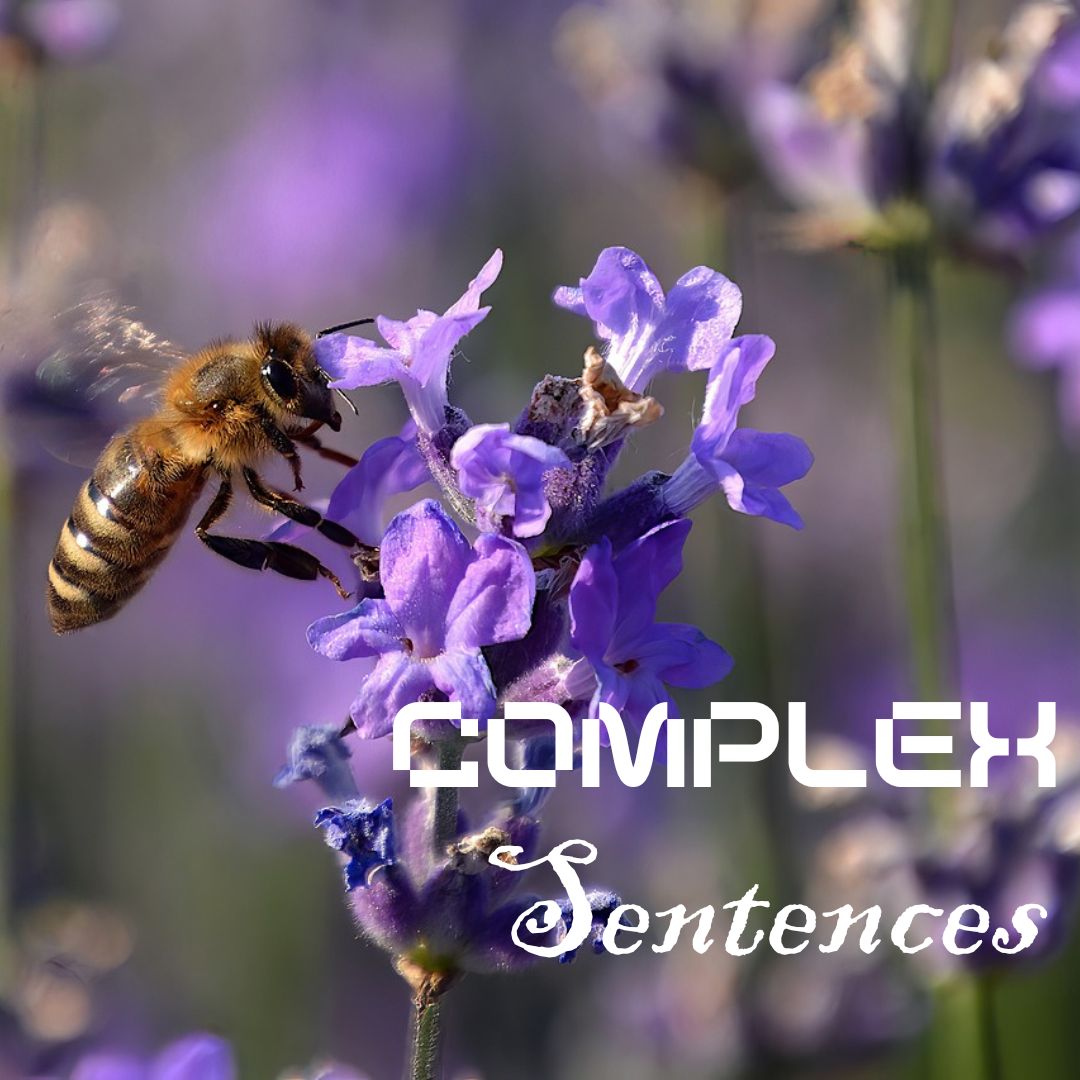Complex Sentences

Complex Sentences
A complex sentence is a sentence that contains one independent clause (main clause) and one or more dependent clauses (subordinate clauses).
An independent clause can stand alone as a complete sentence, while dependent clauses rely on the independent clause for meaning and cannot stand alone.
Principal Clause (Independent Clause):
The principal clause is the main part of the sentence that can stand alone.
Example: She went to the market.
Subordinate Clause (Dependent Clause):
The subordinate clause depends on the principal clause for meaning and cannot stand alone.
Example: Because she needed to buy groceries.
Connection Between Clauses:
Conjunctions are often used to connect the independent and dependent clauses in a complex sentence.
Example: She went to the market because she needed to buy groceries.
She went to the market is the independent clause.
Because she needed to buy groceries is the dependent clause.
Because is the conjunction connecting the two clauses.
Examples Without Conjunctions:
Complex sentences can be formed without the use of explicit conjunctions, relying on the structure and context to convey the relationship between the clauses.
Walking along the beach, they found a message in a bottle.
They found a message in a bottle is the independent clause.
Walking along the beach is the dependent clause.
They visited the museum we recommended.
They visited the museum is the independent clause.
we recommended is the dependent clause.
She said she would return in the evening.
She said is the independent clause.
she would return in the evening is the dependent clause.
Yes/No Questions (Interrogative Sentence)
Adverbial Modifier in Declarative
Preposition – “Among (Amongst)”